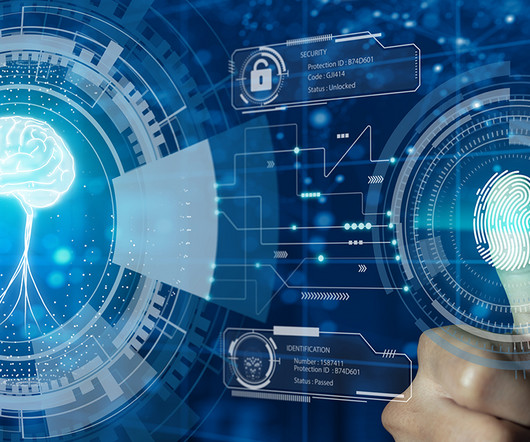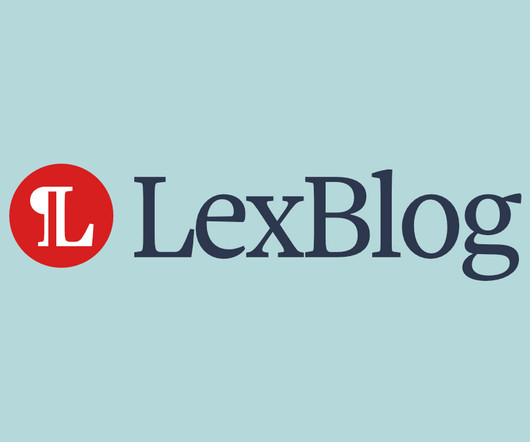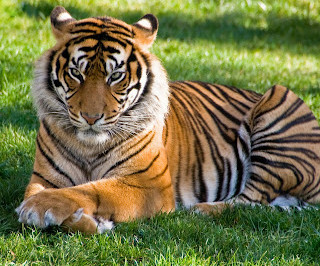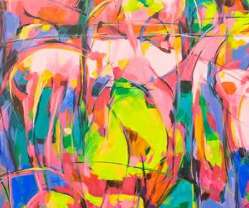The Other ‘Maybe’ Authors: Copyright Ownership for AI Trainers
IP Intelligence
APRIL 24, 2023
Combine that “mastermind/dominant” author doctrine with the run of cases discussing ownership of software outputs (i.e., Copyright Office (the Office) when it comes to copyright ownership of artificial intelligence (AI) output. the “lion’s share” cases), and we see that the notion of what an “author” even is is highly nuanced.












Let's personalize your content